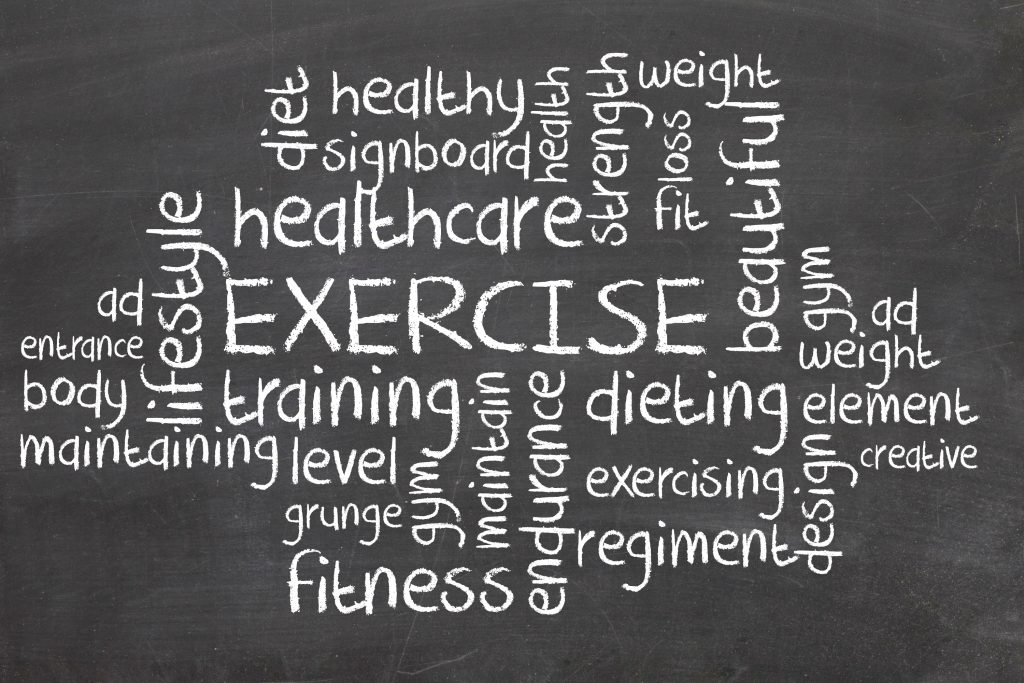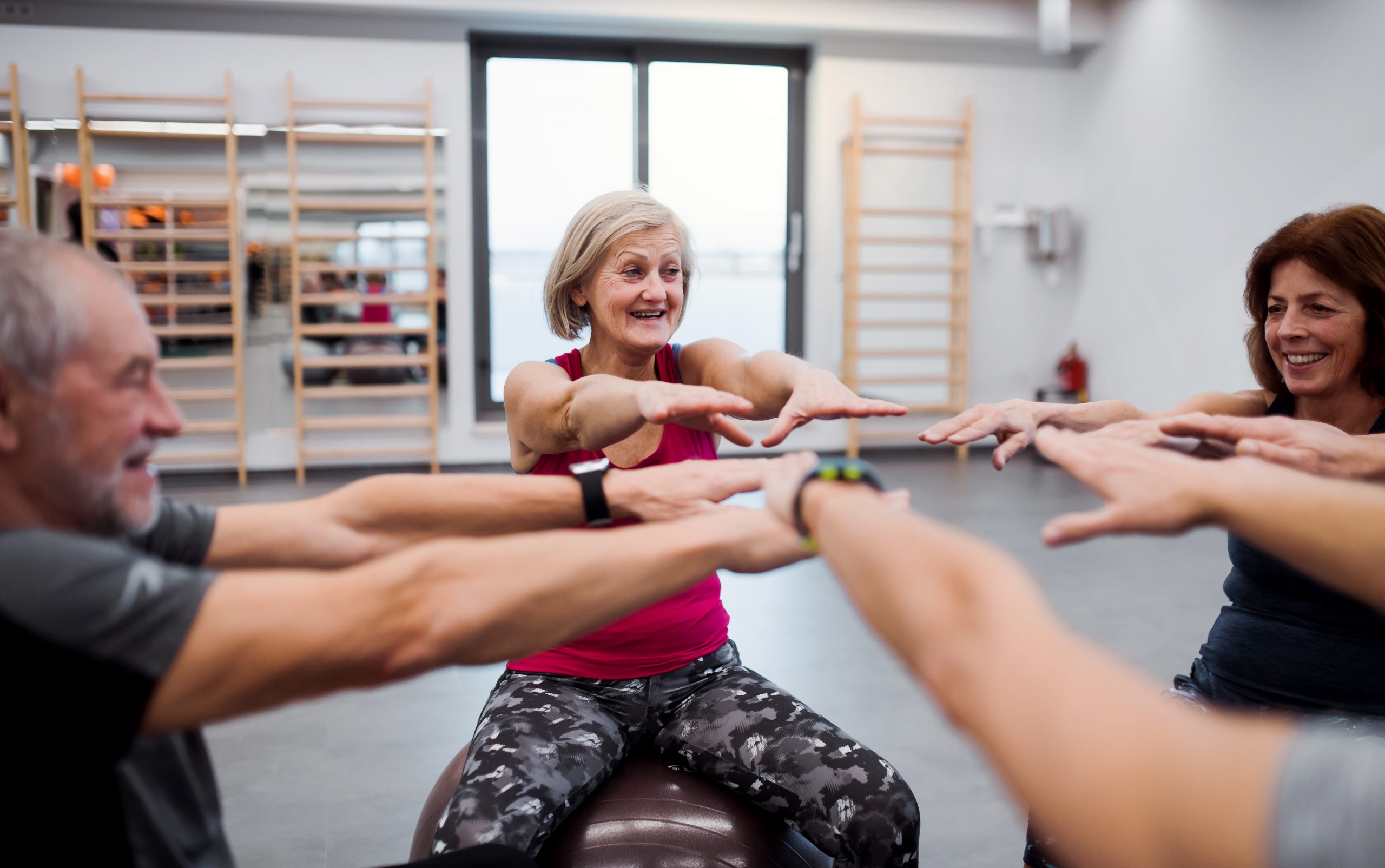
Exercise
Exercise is not limited to intense, sweaty routines in a gym. There is nothing wrong with weight lifting or treadmills. But there is more to it.
It is really just any physical activity that benefits your wellbeing. You don’t have to belong to a gym or buy an expensive bike and subscription. Those are nice but not necessary. Walking around the block or through a park may be exactly what you need. Short on space or transportation? You can practice yoga, tai chi, or qigong right in your home.
It’s about consistency, dedication, and valuing yourself. This need not take hours. It is as much about quality as number of minutes. A runner with poor form who runs many miles may damage his or her knees. Likewise, someone who simply goes through the motions of tai chi may never realize its benefits. Like many aspects of your wellbeing… you must be present in the moment. You should also have a goal in mind to help guide you. Read on to learn more!
Think About Exercise More Broadly

Not Just For The Body
Researchers have found that physical exercise also benefits mental health. Mental health professionals have suggested this for some time. Now more studies are suggesting exercise for such conditions as depression.

Rx For Excercise?
There are many benefits to exercise. Weight control and strength training are just the tip. The Ornish program for cardiovascular treatment (approved by many insurers) actually has a component for fitness!

Exercise Is For Everyone
When we think about exercise more broadly it becomes more inclusive. No longer just for athletes, anyone can find a physical activity that makes them feel better.
Exercise Thought For Your Wellbeing
No Pain, No Gain
-So Many Well-Meaning Coaches.
What if we just changed “pain” to “discipline”? Sure it doesn’t rhyme now but it makes more sense. The point of exercise should not be to inflict pain on yourself. That is a recipe for avoidance.
Like many things in Life, you need well-structured goals for your exercise. Folks who run marathons have goals. Martial artists have goals. Weight lifters have goals. Someone rehabilitating a leg after surgery has goals. Those goals are more about dedication than inflicting pain for the sake of gain.
Be in the moment and stay with it.
HealthCare Too Articles On Exercise
There are so many benefits from a good exercise. HealthCare Too has put together articles to help you explore the benefits and ways to achieve them. Enjoy these articles with our blessing!
3 Inspiring Principles For Your Fitness Motivation
Depression may respond to exercise – The Washington Post
Workplace Wellness Can Backfire – MarketWatch
New exercise guidelines: Even parking a little farther away counts
Fitness industry booms, but we’re not getting fitter – Axios
Are Your Workouts Helping Or Hurting You?
Setting Goals
A common framework for goal setting is the SMART goal. Each letter in the acronym represents a component of a good goal.
Specific: A goal should help you focus on something specific. Instead of setting a goal for “exercise more” you can break it down into components. This is an opportunity to focus on more than resolving to use that gym membership again. Look at your total wellbeing and pick something specific that would make you happy. Perhaps a goal to walk more by finding a parking spot further away in the parking lot. A specific goal can become a mastered behavior with practice!
Measurable: Once you have a specific goal you can establish a way to measure it. The measure should be easy to use; otherwise, you won’t use it. Following the earlier goal to park further way from the door, maybe you can use the number of rows in your office parking lot or the shopping mall.
Achievable: New Year’s Resolutions are notoriously difficult to keep. One of the top reasons is that they are so distant that we give up. Make your goals achievable so that they stretch you but not break you. If you are just starting to jog, don’t pick “Run the Boston Marathon” as your first goal. Start with a local 5k run.
Relevant: Your exercise goals should be relevant to everything else in your wellbeing. It makes no sense to sacrifice your overall wellbeing for an exercise goal. You are a total person and your goals should support you… Mind, Body, and Spirit.
Timely: Put a time frame around your goals to which you can commit daily. A goal that is months or years into the future is more like a wish. Set your goals for something you will do daily or at least weekly.
Additional Resources

In addition to our articles you may find these resources useful:
- Ornish Lifestyle Medicine
- 4 Types of Exercise National Institute on Aging (part of the National Institutes of Health)
- Why Your Brain Needs Exercise from Scientific American






